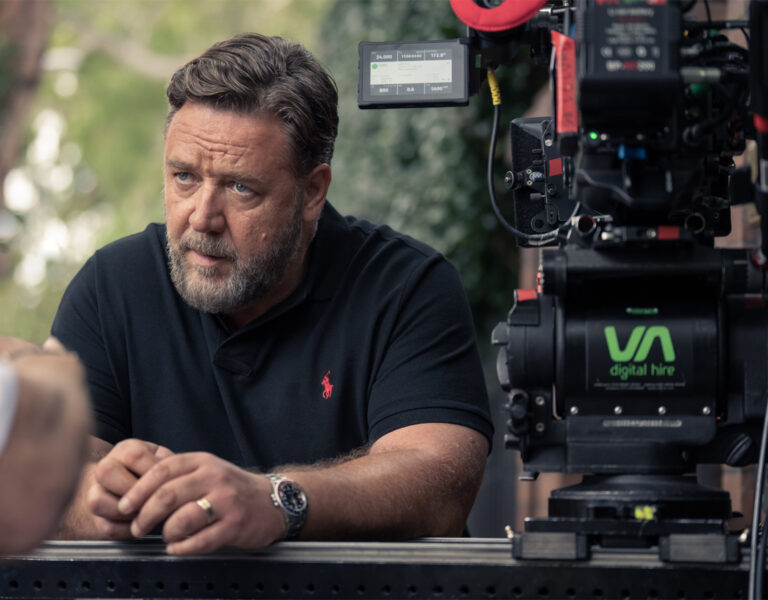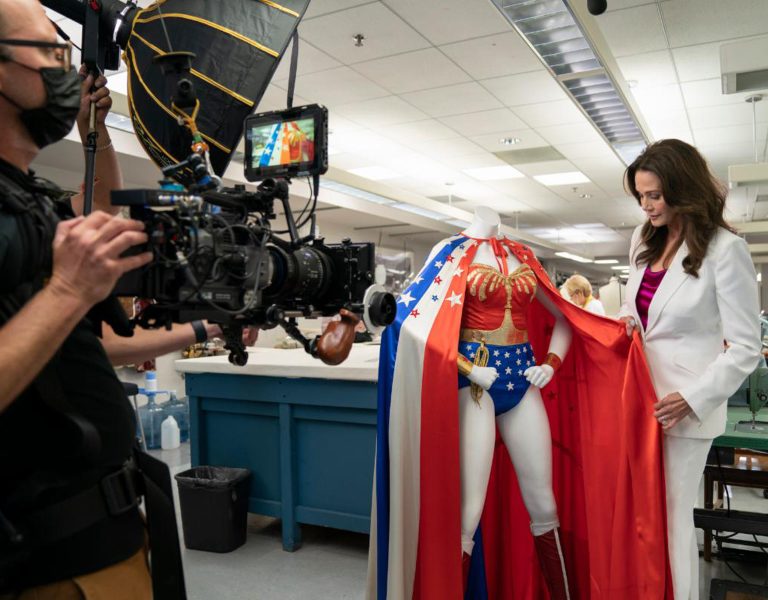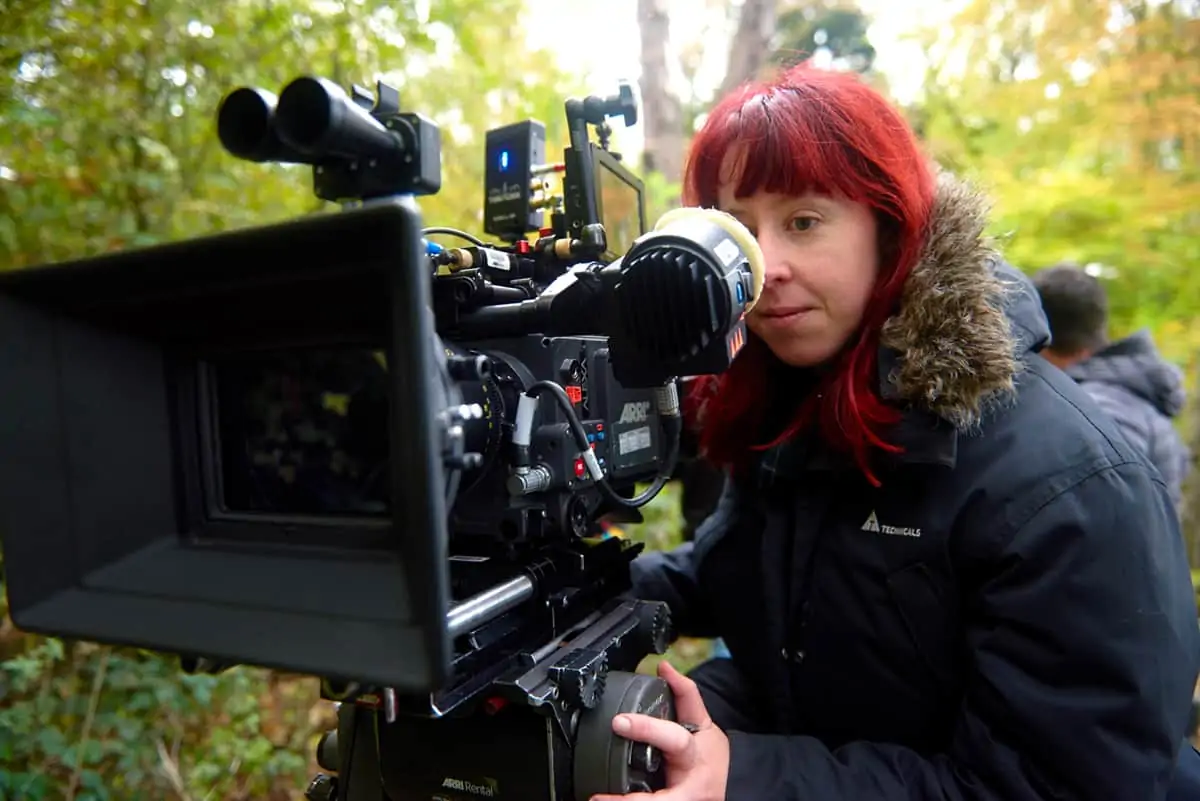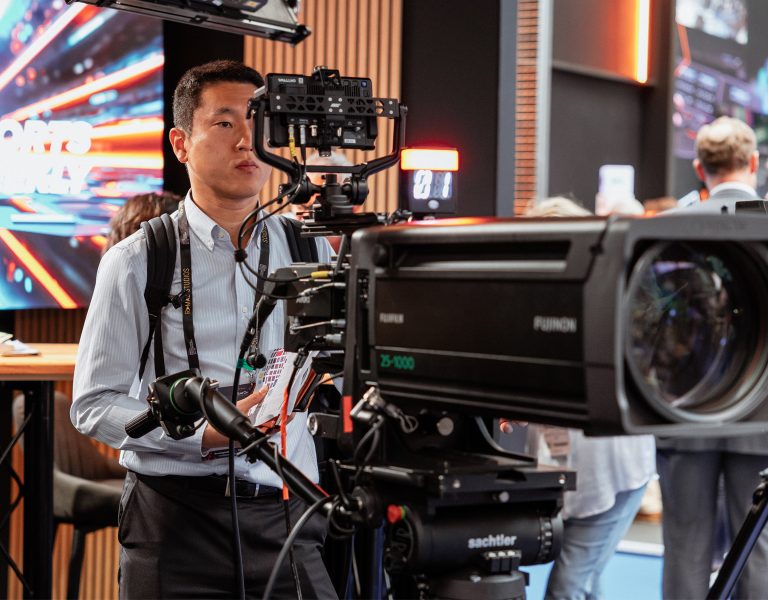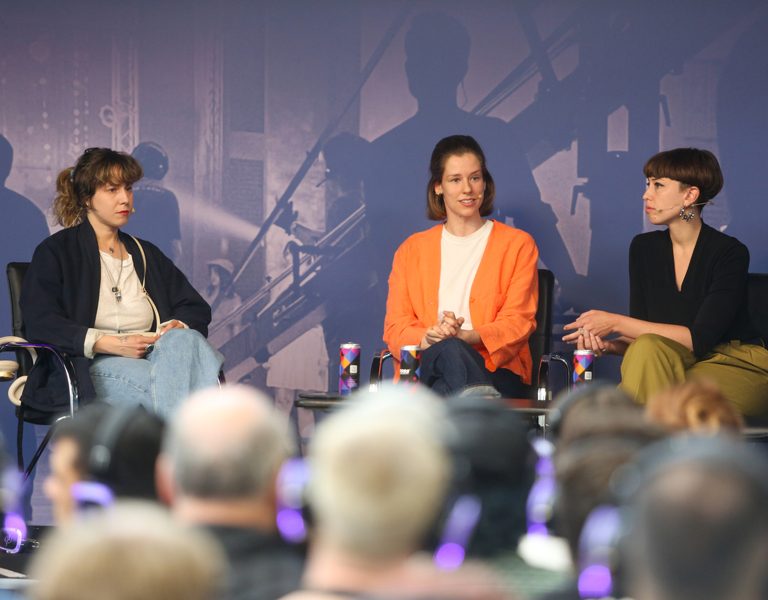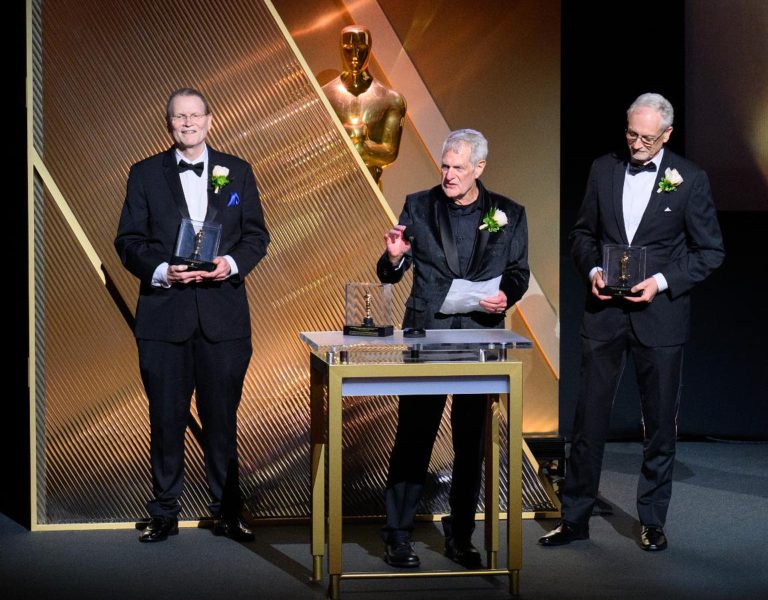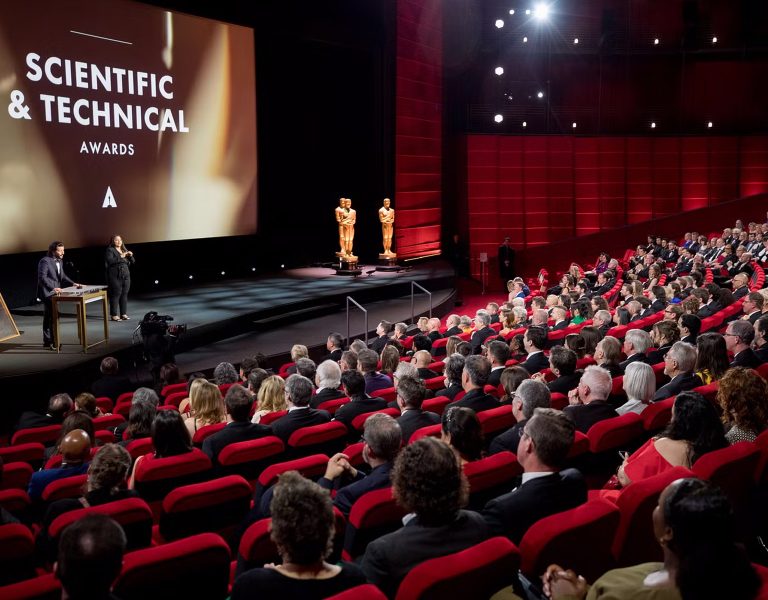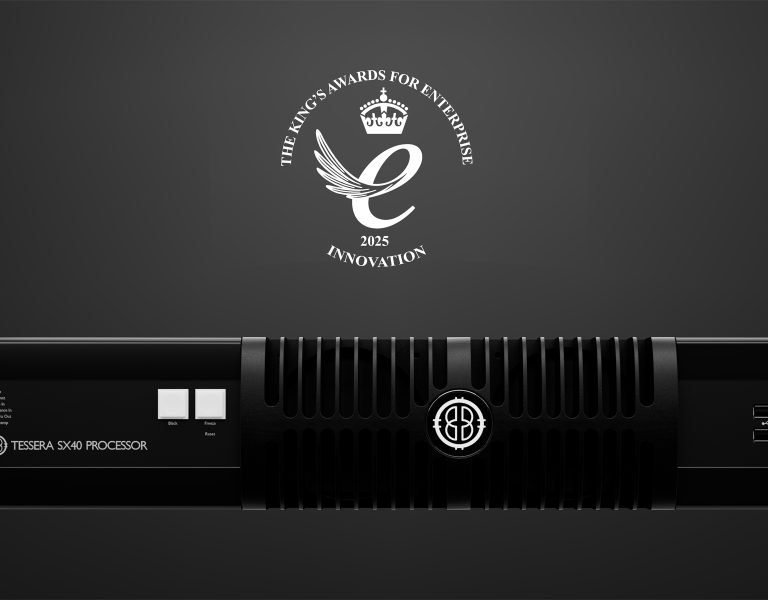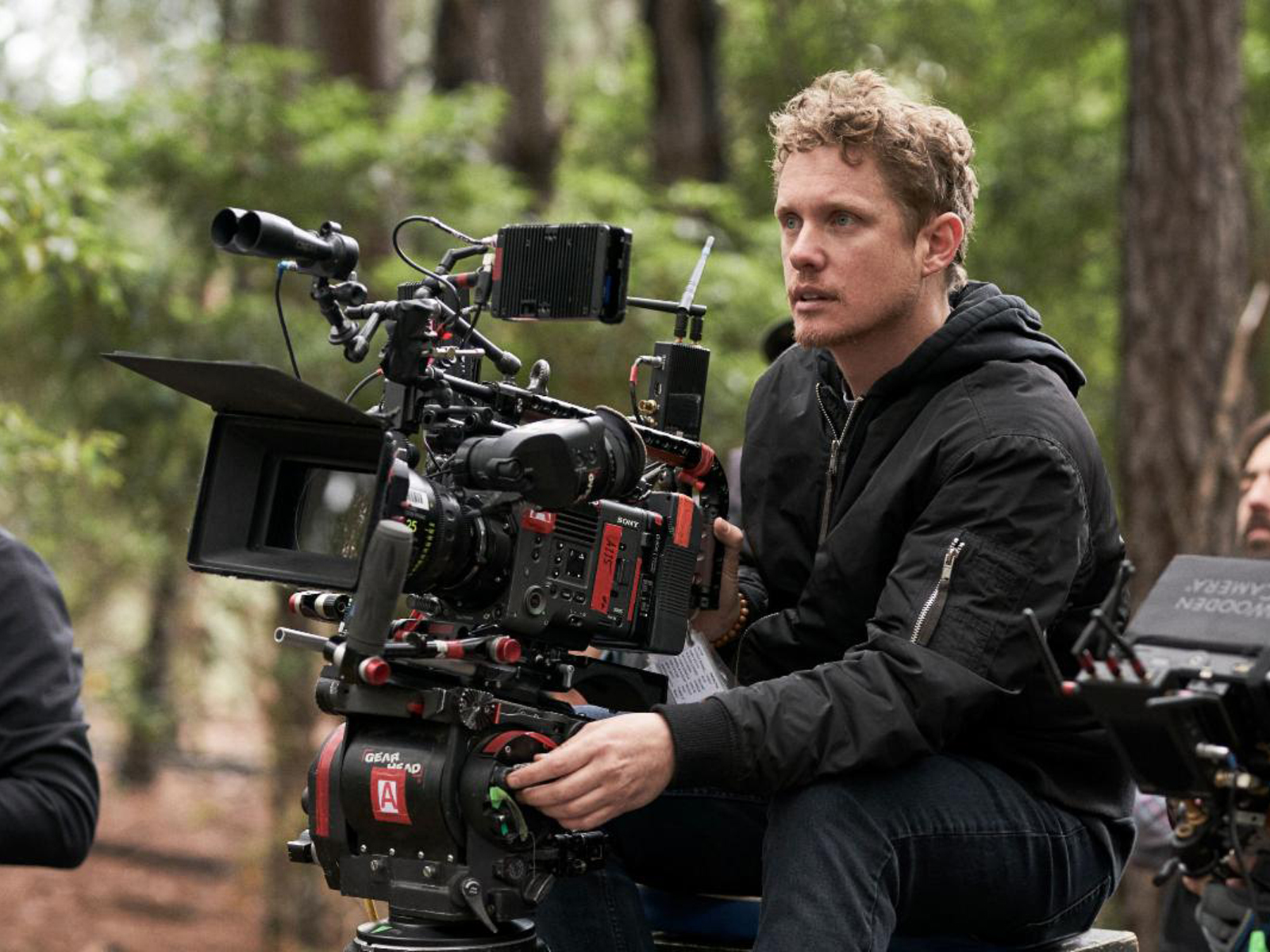
Almost one year ago, Australian cinematographer Aaron McLisky ACS, accompanied the filmmakers of Talk To Me to the film’s world premiere at Sundance 2023. Ten whirlwind months later the horror film, directorial debut of Danny Philippou and Michael Philippou, would see huge box office success becoming the distributor’s second highest grossing film. McLisky recalls the production process and the choices he made to create the first-time feature filmmakers’ vision. The cinematographer chose ZEISS Supreme Primes with ARRI Alexa Mini to bring a realistic foundation to the supernatural story of how grief and isolation possess and lead the film’s teenage protagonists to inflict damage on their loved ones.
Talk To Me, from Causeway Films, tells the story of high school-aged Mia (Sophie Wilde) who, having lost her mother to suicide, has difficulty connecting to others including her father. McLisky explains, “It’s about a girl who is really losing her grasp on reality, she is unsure what’s true. It speaks to mental health issues and intrusive thoughts–are they real? Can they be reasoned with?” When Mia and her friends discover a way to conjure spirits, she gets hooked on the experience, and ends up taking things too far.
To respect the serious themes the movie tackles, the filmmakers wanted to ground most of the film’s action with a realistic look. McLisky describes, “The directors wanted the film to feel real, not too ‘cinematic.’ They wanted something a bit sharper, a bit more real, but with an ability to pull the audience out of reality using different devices.” After testing, the cinematographer settled on ZEISS Supreme Primes. “What I loved about the ZEISS lenses was that, when you roll in and out of focus, you get this beautiful, elegant movement, the images just become slightly hazier and more dreamlike.”
The movie features a diverse cast and never shies away from a full close-up on its characters, so finding the optimal filtration to work with the Supreme Primes was an important consideration. “Since I knew I’d be getting close to the characters I used ¼ Glimmer Glass, just to play with highlights and skin tones. Our lead actress has beautiful dark skin, we barely needed to do much, it was incredible, but some of the other Caucasian characters needed a little help softening off in different zones. The combination with the Supremes was perfect. It kept the sweatiness and the reality of it without pushing into something too obtuse.”
Another qualifier was the need for optics to complement the cinematographer’s penchant for orchestrated low light throughout the film. “My lighting approach was often about finding the darkness in every domestic space and ensuring that these spaces had as ample darkness as required,” he says. “We wanted to play with people’s perception. Compositionally, we would shoot things wider, fully understanding that the audience’s eyes would start to look into different parts of the room, and you would start being paranoid yourself.”
There are many critical moments in the film where careful focus fall off and McLisky’s poignant lighting draw the viewer into Mia’s unraveling mental state. “One of the key thematic reasons these lenses were chosen was this ability to connect and disconnect with the focus.” The instances grow more frequent as the film progresses and the teenager becomes increasingly influenced by the spirits she courts. During one standout scene in Mia’s bedroom, a ghastly female spirit emerges from the shadows of the room, creeping up on Mia and her friend Daniel sleeping on the bed. Shallow focus coupled with pools of deep shadow make the scene extra unsettling. The sequence becomes disjointed as Daniel leaves, disgusted to find that it is Mia, possessed by the ghost, who is slobbering on his foot. Distraught, Mia turns to summoning the spirit of her mother and set in the same darkness of the room, the scene becomes uncannily disquieting with the dead and decomposing spirit of the mother cradling and comforting her daughter.
“The possession sequences have two perspectives: one is, if you’re watching it from the outside, it’s real, so we wouldn’t change the lighting. But when you’re seeing from her point of view, it changes. We introduced different colors, a lot more backlight and hair light, to give a little bit more surrealism than when it’s witnessed from the other people.” The most pronounced instance of this in the film takes place in Riley’s hospital room. Trying to aid her friend, Mia calls on the spirit of a dead little girl to lead her to Riley. The lighting changes from the cool realism of the hospital into the hot, dark, hellish space of possession, where she sees Riley being torn at by grotesque dead souls.
Talk To Me was the sleeper hit of 2023, grossing over $90 million worldwide against a $4.5 million budget. Following its international Sundance premier and acquisition by A24, the film stayed in theaters from its launch on July 28, 2023, through October, 2023. A sequel is already in the works, titled Talk 2 Me.

